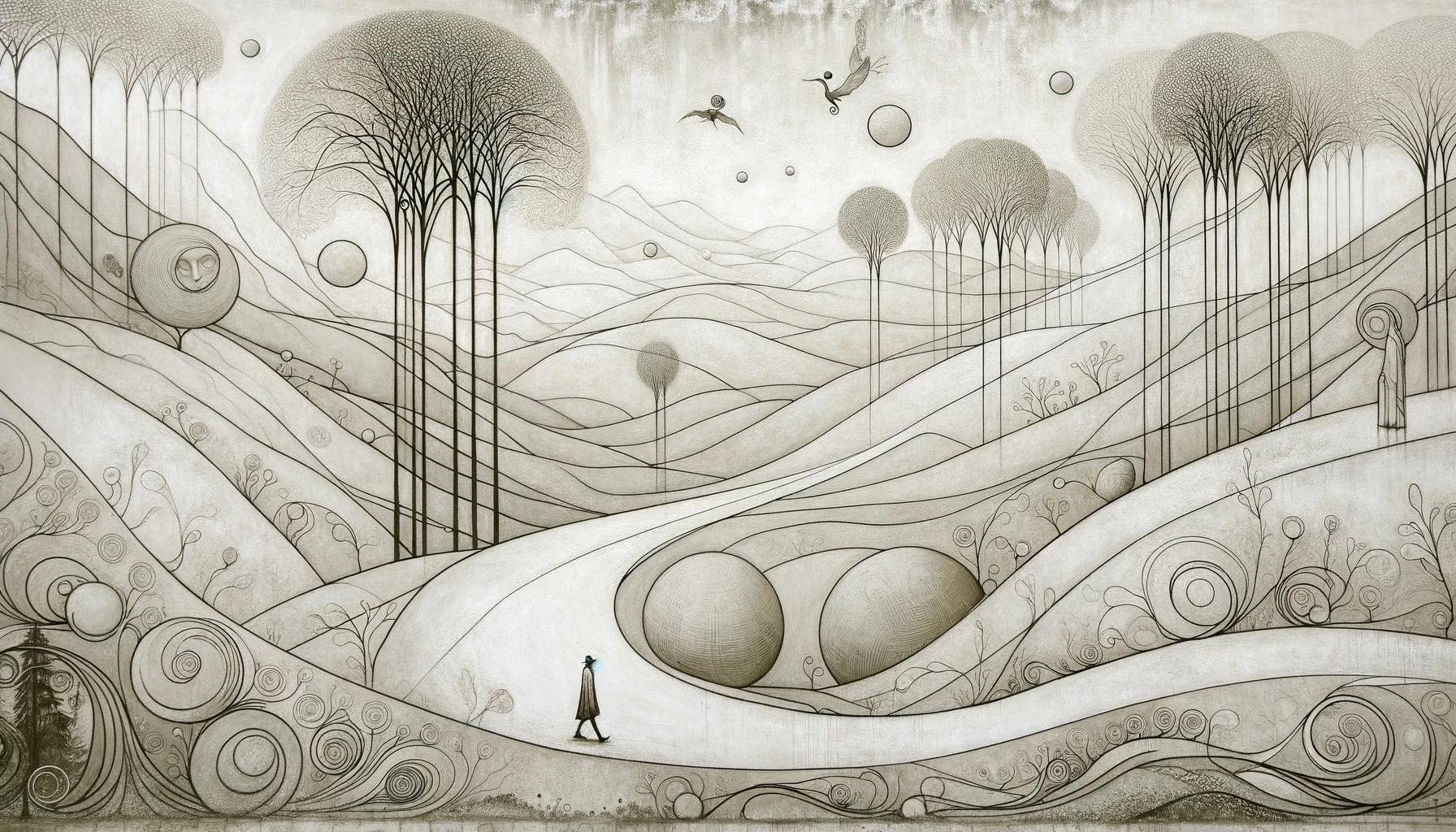What kind of leader are you?
The basis of service design is to be helpful by making visible what cannot be seen. It always followed for me that a leader, or leadership itself, was simply to work towards being even more helpful.
So I’ve been a fan of Edgar Schein ever since I had to read “Humble Enquiry” as part of a training course at work. Through the miracle of the internet I’ve also somehow landed on Robert K. Greenleaf’s wikipedia page.
I think if you could put the two thinkers on either side of a full tea-pot supported with quality biscuits (could they be doing that up there right now?), you would hear some interesting reflections on how leaders have a responsibility to help others:-)
Both thinkers have delved deeply into the realms of organisational leadership, culture, and change, emphasising the importance of values, ethicals, and interpersonal dynamics.
Human-centred leadership
Both Schein and Greenleaf prioritised the human aspect of organisations over rigid structures or impersonal strategies.
-
Greenleaf is known for pioneering the concept of “servant leadership”. At its core, servant leadership emphasises that leaders should prioritise the well-being and growth of their followers. A servant leader is someone who leads not to gain power or prestige, but to serve and ensure that others’ highest priority needs are being met.
-
Schein, on the other hand, is renowned for his work on organisational culture. He emphasised the importance of understanding the underlying beliefs, values, and assumptions that drive behaviour in organisations. Schein believed that effective leadership requires an understanding and appreciation of these cultural nuances.
The importance of ethics
Both Greenleaf and Schein emphasised the moral dimensions of leadership.
-
Greenleaf’s servant leadership is deeply rooted in ethical considerations, highlighting the importance of empathy, active listening, and moral authority.
-
Schein’s work implies that leaders play a crucial role in shaping organisational culture, and thus have a responsibility to ensure that the values and beliefs they instil are ethically sound.
The importance of listening
Both scholars highlighted the importance of deep listening and understanding in leadership.
-
Greenleaf’s concept of servant leadership stresses the importance of listening intently to others, recognising their needs, and fostering their growth.
-
Schein, in his work on culture, elaborated on the importance of humble inquiry – asking questions in a way that promotes trust and genuine curiosity to truly understand another person’s perspective.
Change Management
Both thinkers provided insights into how organisations should navigate change successfully.
-
Schein discussed how the deep-seated beliefs and values of an organisation can either facilitate or obstruct change, and how leaders can influence this dynamic.
-
Greenleaf’s philosophy implies that servant leaders, by their very nature, are well-positioned to guide organisations through change because of their emphasis on empathy, understanding, and putting others’ needs first.
I love this thread connecting Schein and Greenleaf:-)
It’s the understanding that effective leadership is rooted in humanistic and ethical principles. Leaders should serve as stewards of organisational culture and values, fostering environments where individuals feel valued, understood, and empowered.
One more thing…
Because we all know the best way to get an idea across is to tell a story, here’s a quote I’ve stolen from the above Wikipedia page that does just that:-)
…In this story, we see a band of men on a mythical journey… The central figure of the story is Leo, who accompanies the party as the servant who does their menial chores, but who also sustains them with his spirit and his song. He is a person of extraordinary presence. All goes well until Leo disappears. Then the group falls into disarray and the journey is abandoned. They cannot make it without the servant Leo. The narrator, one of the party, after some years of wandering, finds Leo and is taken into the Order that had sponsored the journey. There he discovers that Leo, whom he had known first as servant, was in fact the titular head of the Order, its guiding spirit, a great and noble leader…
Finally, since I’m using Wikipedia’s service and copying their materials I’d like to suggest you join me in donating to their service.
Wikipedia is not for sale: an important update from Jimmy Wales
Thanks:-)
In
Leadership
Transformation
Culture
(comments disabled)
